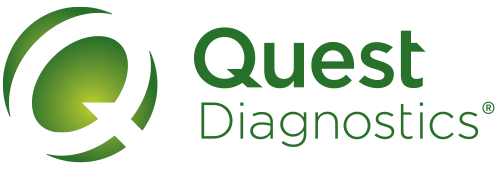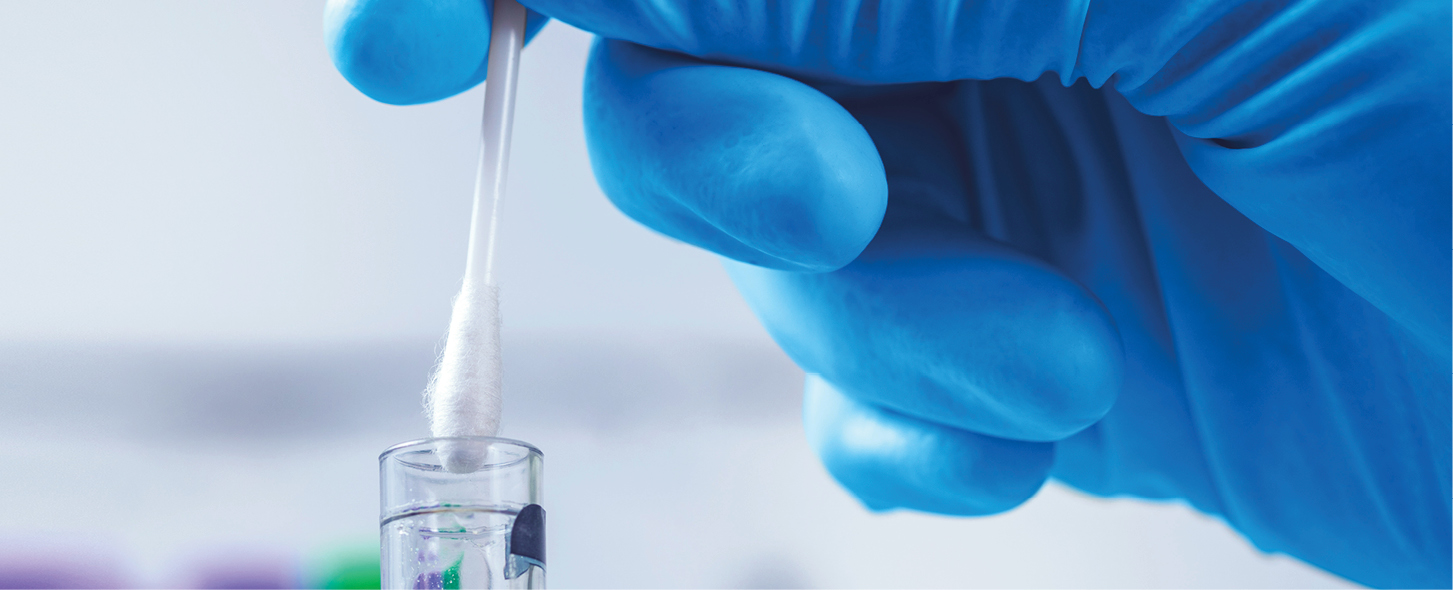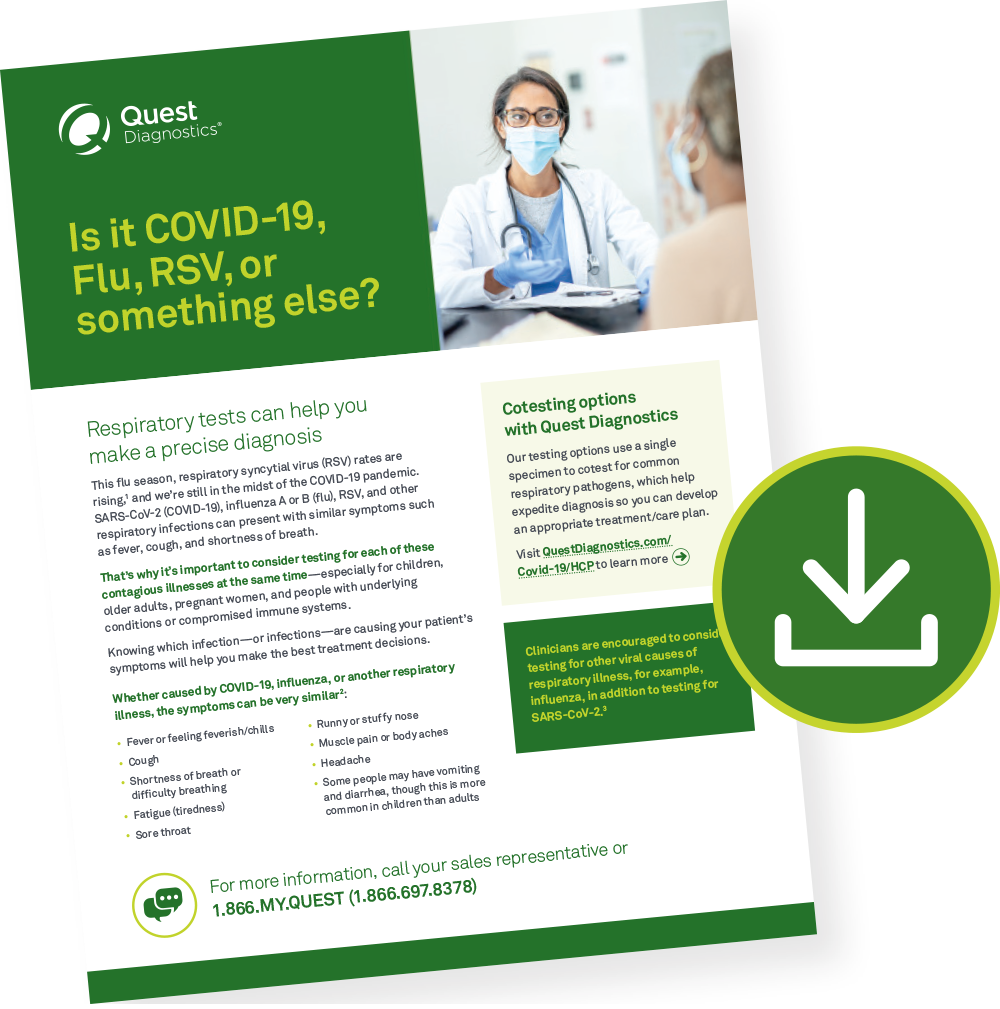- Determine if symptoms are due to a viral or bacterial infection
- Identify the pathogen for a more accurate diagnosis, to inform more effective treatment
- Diagnose infections that may have been commonly missed, due to a lack of clinical suspicion or available routine testing4
- Avoid prescribing antibiotics when they are not necessary

- Rapid turnaround time (24–48 hours)
- Shorten time to diagnosis compared to that of traditional culture methods4
- Help prevent the spread of contagious illnesses
- Make informed decisions regarding infection control measures and timely outbreak investigations4
| Molecular offerings and panels for respiratory pathogen testing | Test code | CPT code(s) | ||
|---|---|---|---|---|
|
39816 | 0241U | ||
|
Human RSV A |
||||
| SARS-CoV-2 RNA Qualitative NAAT (COVID-19) | 39448 | 87635 (HCPCS:U0003) | ||
|
SARS-CoV-2 |
||||
| SARS-CoV-2 RNA (COVID-19) and Influenza A and B, Qualitative NAAT | 31688 | 87636 | ||
|
Influenza A |
||||
| SARS-CoV-2 RNA (COVID-19) and Respiratory Viral Panel, Qualitative NAAT | 31686 | 87635 (HCPCS: U0003), 87633 | ||
|
Adenovirus |
||||
| SARS-CoV-2 RNA (COVID-19) and Respiratory Pathogen Panel, Qualitative NAAT | 31687 | 87635 (HCPCS: U0003), 87633, 87486, 87581 | ||
|
Adenovirus |
||||
| Molecular respiratory pathogen tests and panels (non-COVID) | Test code | CPT code(s) | ||
| Influenza A or B, RNA Qualitative RT-PCR | 16086 | 87502 | ||
|
Influenza A |
||||
| Respiratory Syncytial Virus (RSV) RNA, Qualitative Real-Time PCR | 16047 | 87634 | ||
|
Human RSV A |
||||
| Influenza A and B and RSV RNA, Qualitative, Real-Time RT-PCR | 91989 | 87631 | ||
|
Human RSV A |
||||
| Respiratory Viral Panel (RVP) | 95512 | 87633 | ||
|
Adenovirus |
||||
| Respiratory Pathogen Panel (RPP) | 37444 | 87633, 87486 (C pneumoniae), 87581 (M pneumoniae) | ||
|
Adenovirus |
||||
- The Cepheid SARS-CoV-2, Influenza A/B and RSV test, the cobas® SARS-CoV-2 & Influenza A/B Test and the Quest SARS-CoV-2 RT-PCR test and other molecular tests (“Tests”) have not been FDA cleared or approved.
- The Roche® test has been authorized only for the detection of RNA from SARS-CoV-2 virus, Influenza A virus, and Influenza B virus and not any other viruses or pathogens.
- The Cepheid SARS-CoV-2, Influenza A/B and RSV test has been authorized only for the simultaneous qualitative detection and differentiation of nucleic acids from SARS-CoV-2, influenza A, influenza B, and respiratory syncytial virus (RSV), and not for any other viruses or pathogens;
- The Cepheid SARS-CoV-2, Influenza A/B and RSV test is only authorized for the duration of the declaration that circumstances exist justifying the authorization of emergency use of in vitro diagnostics for detection and/or diagnosis of COVID-19 under Section 564(b)(1) of the Federal Food, Drug, and Cosmetic Act, 21 U.S.C. § 360bbb-3(b)(1), unless the authorization is terminated or revoked sooner.
- The Roche test is only authorized for the duration of the declaration that circumstances exist justifying the authorized of the emergency use of in vitro diagnostics for detection and differentiation of SARS-CoV-2 virus, Influenza A, and Influenza B under section 564(b)(1) of the Act, 21 U.S.C. § 360bbb- 3(b)(1), unless the authorized is terminated or revoked sooner.
- The Tests have been authorized by the FDA under an EUA for use by laboratories certified under the Clinical Laboratory Improvement Amendments of 1988 (CLIA), 42 U.S.C. § 263a, to perform moderate and high complexity tests.
- The Quest test and other molecular tests have been authorized only for the detection of nucleic acid from SARS-CoV-2, not for any other viruses or pathogens.
- The Quest test and other molecular tests are only authorized for the duration of the declaration that circumstances exist justifying the authorization of emergency use of in vitro diagnostics for detection and/or diagnosis of COVID-19 under Section 564(b)(1) of the Act, 21 U.S.C. § 360bbb-3(b)(1), unless the authorization is terminated or revoked sooner.
- CDC. RSV national trends. Updated August 25, 2021. Accessed August 26, 2021. https://www.cdc.gov/surveillance/nrevss/rsv/natl-trend.html
- CDC. Interim clinical guidance for patients with confirmed Coronavirus disease (COVID-19). Updated February 16, 2021.https://www.cdc.gov/coronavirus/2019-ncov/hcp/clinical-guidance-management-patients.html
- CDC. Similarities and differences between flu and COVID-19. Reviewed August 31, 2020. Accessed September 24, 2020. https://www.cdc.gov/flu/symptoms/flu-vs-covid19.htm
- Ramanan P, Bryson A, Binnicker MJ, et al. Syndromic panel-based testing in clinical microbiology. Clin Microbiol Rev. 2017;31(1):e00024-17. doi:10.1128/CMR.00024-17
- CDC. About antibiotic resistance. Updated March 13, 2020. Accessed December 1, 2018. https://www.cdc.gov/drugresistance/about.html
- Ginocchio CC, McAdam AJ. Current best practices for respiratory virus testing. J Clin Microbiol. 2011;49(9 Suppl):S44-S48. doi:10.1128/JCM.00698-11





